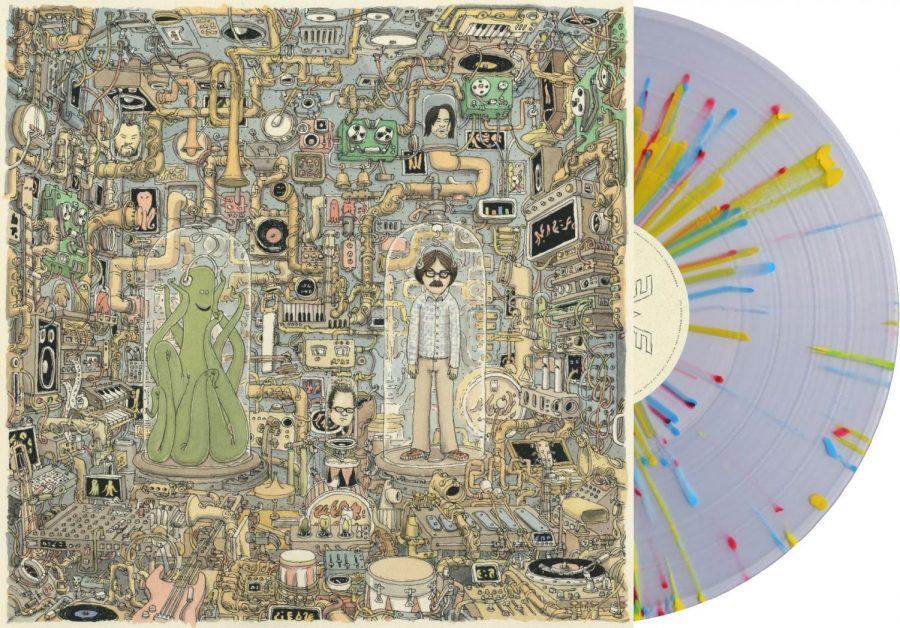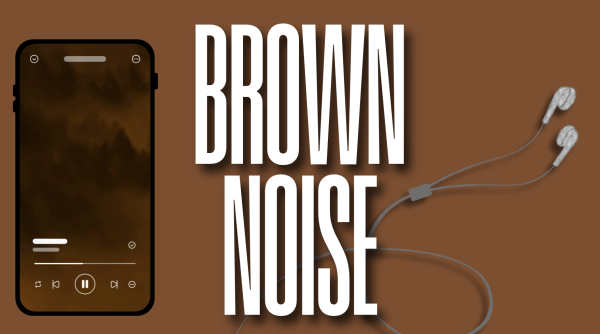Weezer’s “OK Human” is a Brilliantly Lit Scented Candle of Honesty
Weezer seeks success by breaking free from their established sound on “OK Human.” (Courtesy of Twitter)
Say it ain’t so! Weezer, the geeky alt-rock band that America either hates to love, or loves to hate, have returned with one of their most honest and heartfelt pieces of the past decade. The band has ditched the unnecessary pop complexities in favor of simpler, yet pleasantly profound orchestrals, which work miracles for the group who once staked their claim on the alt-rock charts in the mid ’90s to early 2000s.
Depending on who you ask, the past 10 years have not been kind to Weezer, with many of their releases leaving the band feeling out of breath. However, on “OK Human,” the band steps away from the expectations of today, and dives deeper into the honest orchestrals of the yesteryear. Weezer proves that it’s better to walk calmly down memory lane than to run and awkwardly trip over yourself in an attempt to catch up with a fast music industry.
The first flashes of this appear on the opening track, “All My Favorite Songs,” where frontman Rivers Cuomo sings, “All my favorite songs are slow and sad/All my favorite people make me mad/Everything that feels so good is bad, bad bad/All my favorite songs are slow and sad/I don’t know what’s wrong with me.” Within this one verse, listeners are left with a lot to digest.t becomes clear instantaneously that the deceptively simple title of the album, along with the track’s soothing, yet emotionally cutting violin that proceeds to unfurl and serve as a cover for the brilliantly lit, scented candle of honesty that is “OK Human.” Cuomo’s sincerity strikes the match the band needed to truly shine as bright as they did on this track alone. The orchestrals are reminiscent of that of The Verve’s “Bitter Sweet Symphony.” Cuomo has been vocal with fans regarding the darkest days of his struggles with depression, yet the closest thing he’s ever gotten to a response is ridiculed by SNL skits who joke the band hasn’t put out anything worthwhile since their 1996 outing “Pinkerton.” Since the release of “Pinkerton,” which set a very high bar for the band, Cuomo has not been the same, and is often left wondering what has been wrong with him for years as he wrestled with lukewarm reception to later releases.
The band continue to shine with the next track, “Aloo Gobi” as the song opens with the sharp and surprisingly urgent strumming of strings accompanied by Cuomo ironically singing “Don’t wanna sit next to humans/I’m agoraphobic.” This line alone goes to show how far the band has come in terms of its earliest works which served as more upbeat anthems to the decade of teenage angst that was the ’90s. This track is especially unique in that it juxtaposes Weezer’s ‘ upbeat and catchy formula down to the still surprisingly youthful vocals, with Cuomo’s raw emotions when he sings, “Oh-oh-oh my God/What’s happenin’ to me?/Walkin’ down Montana, woah-oh-oh/Same old dull routines/Same aloo gobi/Walkin’ down Montana, woah-oh-oh.” Accompanied by classic Weezer drummer Patrick Wilson playing some slow-burn drums, the song reminds listeners why they fell in love with Weezer in the first place.
“Grapes of Wrath,” and “Mirror Image” feel punchy, even if “big guitars” aren’t around to shred some ’90s-inspired riffs. “Grapes of Wrath” could have easily been confused as a track from Weezer’s breakout “Blue Album” from 1994 simply because of how well the drums complement Cuomo’s vocals. “Mirror Image” feels like a song you would hear from a surprisingly good teenage band during high school prom as you sway with your significant other. The track works well because it’s short and sweet. “Playing my Piano” is especially a gem, because it exemplifies how a lot of people feel during the pandemic with lyrics like, “My kids are upstairs/And I haven’t washed my hair in three weeks/I should get back to these Zoom interviews/But I get so absorbed and time flies.”
Weezer truly does the unexpected and shines the brightest with “Numbers” as it will emotionally do a number on listeners. Eerily calling back to One Republic’s debut album “Dreaming out Loud,” Cuomo says it all and more when he somberly sings behind the sobering strumming of strings, “There’s always a number that’ll make you feel bad about yourself/You try to measure up, try to measure up to somebody else.” Cuomo is bound to strike a raw nerve in many listeners with the dejectedly true lyrics that follow.
The numbers have been out to get the band since 1996. However, with such a surprisingly scintillating release from Weezer, it’s time for their insecurities to come undone.















































































































































































































